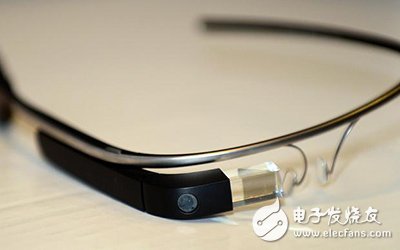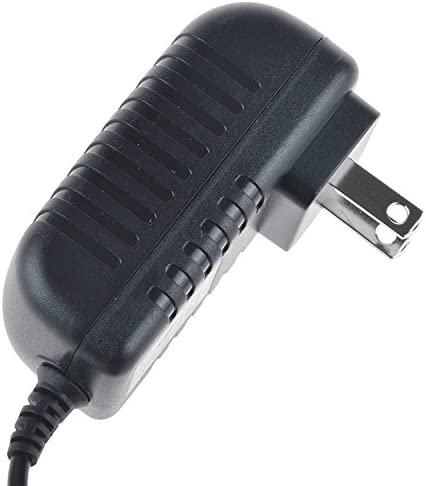Every truly disruptive technological development brings its own set of ethical standards. Before Bell invented the phone, who would worry about disturbing someone's dinner or spending money for a virtual friend? Or, before the rise of SMS, who would worry that playing mobile phones would annoy family members?
Even though only a few thousand people are using Google Glass, the whole society has begun to argue whether it should be brought to the bar or used while driving. As the next generation of wearables has the ability to enhance augmented reality, more questions are coming up to discuss how this technology should or should not be used.
The technology website Laptopmag recently visited experts in the fields of ethics, computers and privacy to answer the ethical issues that wearable technology will face in the future:
1. Should I wear smart glasses anytime, anywhere?
Due to concerns about privacy, some bars and casinos have introduced a ban on wearing Google Glass. However, these places do not dare to ban smartphones that can also take pictures and videos, because each customer carries one. Should these places be non-Google glasses?

“Humans don’t always act rationally after being scared,†said Jules Polonetsky, executive director and co-chairman of the Future of Privacy Forum at Washington’s think-tank. “Sometimes, what you think will have an intrusion last. They are well accepted.†Polonetsky pointed out that the caller ID of the phone and Kodak’s portable camera have caused great concern about privacy when they came out (Kodak’s camera was once banned in many public places), but they are very It was accepted soon.
“We need laws and regulations to limit the use of smart glasses,†said Professor Steve Mann of the University of Toronto. This person is widely regarded as the father of wearable technology, he has been wearing his own "EyeTap" device for 30 years. Mann believes that his smart glasses have become part of his body because it helps him to perceive the world, just like prescription lenses for myopic patients.
In a forthcoming column, he wrote: "Prohibiting smart glasses is a greater insult to the integrity of the body than prohibiting regular prescription glasses."
2. Can I record anything I saw?
No one will stop you from remembering what you see. However, digital memory is much more accurate than human memory, so shooting can be unpleasant for many people and institutions. Are you used to being photographed by friends?
Randy Cohen, who founded the New York Times ethicist column and published two ethics books, said that there is no problem in recording the scenery you are exploring outdoors, but the interaction between shooting and others is wrong unless you tell them that you are Shooting.
“I think it’s wrong to do this, with a bit of deception,†Cohen replied when asked about the content of the recorded conversation. “Because the assumption of not being recorded is deeply rooted in our social In the event."
However, in the digital future, Cohen believes that capturing someone's private conversation may be acceptable, just like we are writing a diary today. “I think someone can record the video and audio of the event, then we might feel more comfortable, as long as these are used privately and will not be made public,†he said. “Showing these to another person. They won't cause any obvious damage until the content."
For Mann, the digital memory you record through wearables is the same as the memory of the human brain, as long as it is for the benefit of the individual and the public. In a recent TEDx presentation, Mann advocated what he called "monitoring" - recording the content around you for personal safety and public integrity. Mann pointed out that in many cases, victims used their own private cameras to record police misconduct, while video data from the police was modified.
Mann believes that neither government nor companies should use video from surveillance cameras as court evidence unless they allow others to shoot. “Why do we have to use a camera to protect the welfare of candy on the store shelves, and people can't protect themselves with the camera?†he asked.
Cohen also agrees with the need for greater transparency, but in order to protect government or trade secrets, it is sometimes ethically acceptable to be video surveillance but not to have the right to shoot.
"Some business secrets are legal. For example, I went to Apple's lab and walked around, there was a security camera there - I don't think they would allow me to shoot the environment in the lab. Reasonable," Cohen said. "This requirement for equality does not apply anywhere."
3. Can I bring my smart glasses to the classroom, even during the exam?
If wearables are an extension of your memory, why do you have to pick them up, even during the exam? The purpose of the exam is to test your memory? Even if your digital memory will stay on your head?
Mann allows his students to use smart glasses or any notes or computing system during the exam. However, he asked them not to connect to other students' equipment.
“It depends on the nature of the things you are learning,†Cohen said. “For example, in some math classes, the professor allows you to carry a list of certain equations, or use a calculator because you have to accept other aspects. The test, these things try to teach you something else, and at the same time it really helps your study.

AC Input : 100V to 240V, DC Output: 12 volt at 2 amp rating . Please refer to the ASIN :B0746GCGQ8 if u need 10 units.
Type : Regulated Switching Power Supply with 2.1mm x 5.5mm plug , center positiveManufactured with high quality material and built-in protection of over current, over voltage, short circuits .
COMPACT DESIGN and LOW CONSUMPTION makes it ideal for taking around and using at home.
12v wall charger,12v switching adapter,(12V/2A) Switching Mode Power Adapter Wall Charger,12V 2A Power Supply Adapter,12 Volt 2 Amp Power Adapter,12V 3A Power Supply Adapter,12v3a wall charger
Shenzhen Waweis Technology Co., Ltd. , https://www.waweis.com